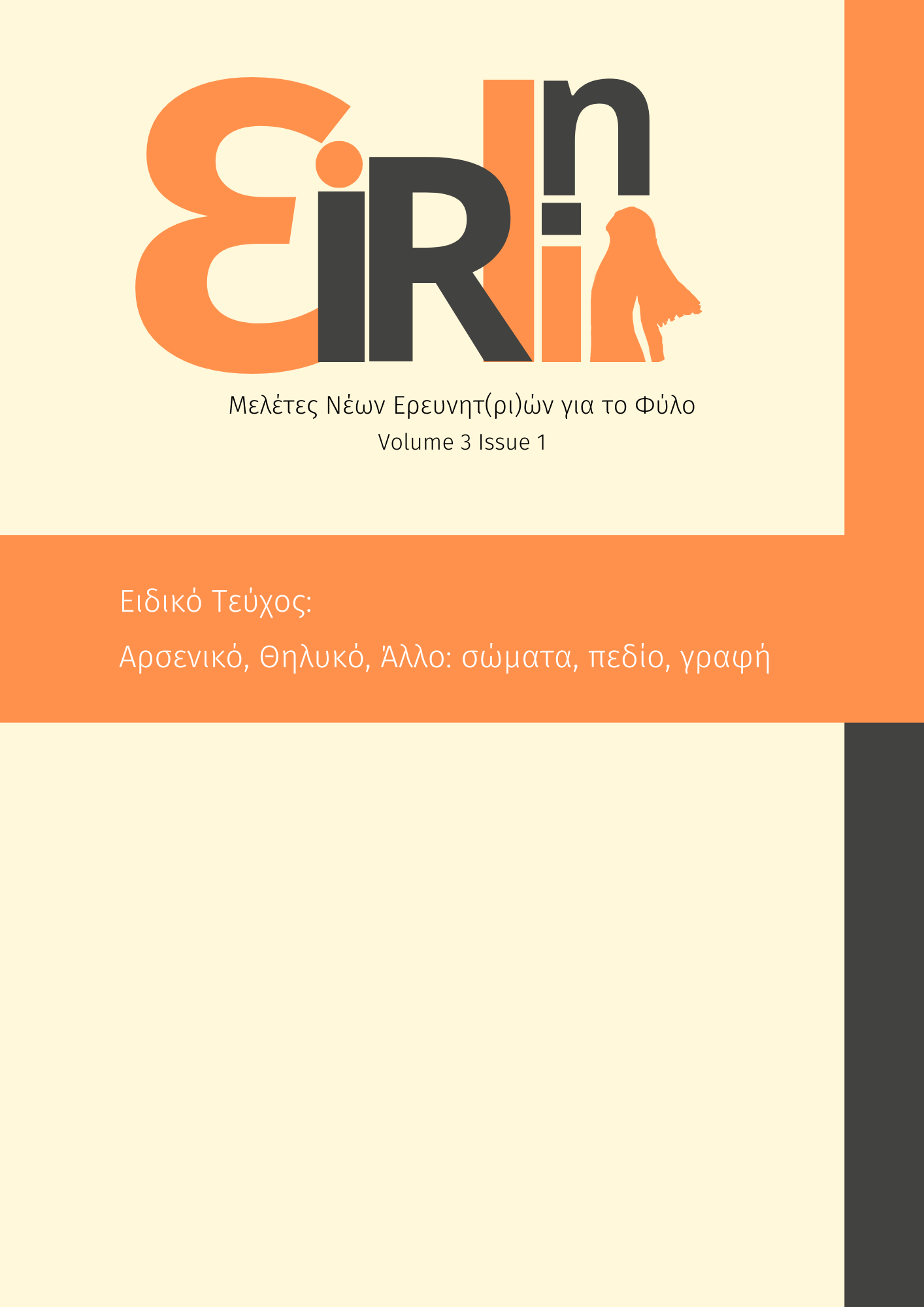Do men from Crete constitute the Greek national reserve of masculinity and insubordination? Globalization, sexuality and national resistances
DOI:
https://doi.org/10.26266/jeiyoschstugenvol3pp62-76Keywords:
nationalism, globalization, masculinities, crisis, CreteAbstract
This article examines the significance and symbolism of the Cretan male identity as it has been portrayed in recent public performances and patriotic rallies across Greece during the previous decade. In light of European policies and globalization, the social and economic changes that have occurred during the financial crisis have caused tensions in terms of the social norms of the Greek society. Concerns about male dominance and national tensions in Greece have emerged alongside the country’s economic precariousness. A sizable portion of Greek citizens perceived new technologies of governance and the internationalization of the state as attempts to subjugate the nation. In this setting, resistances to «foreign impositions» and «traitorous politicians» were frequently clad in the garb of nationalism, tradition, and gender binary. The political purpose of the performances of the Cretan-ness in the 2018 Macedonian rallies and in earlier protests was to serve as icons of the Greek people’s resistance and cohesion. Cretan men appeared to have the necessary «aggressive idiom of self-assertion» and reserves of masculinity and disobedience within this specific convention to portray themselves as national fighters against the “treacherous and foreign powers” that feminized the homeland. This article will attempt to clarify the historical and anthropological causes for this possibility.
Downloads
Published
How to Cite
Issue
Section
License
Copyright (c) 2023 EIRINI/Young Scholar Studies on Gender

This work is licensed under a Creative Commons Attribution-NonCommercial 4.0 International License.

